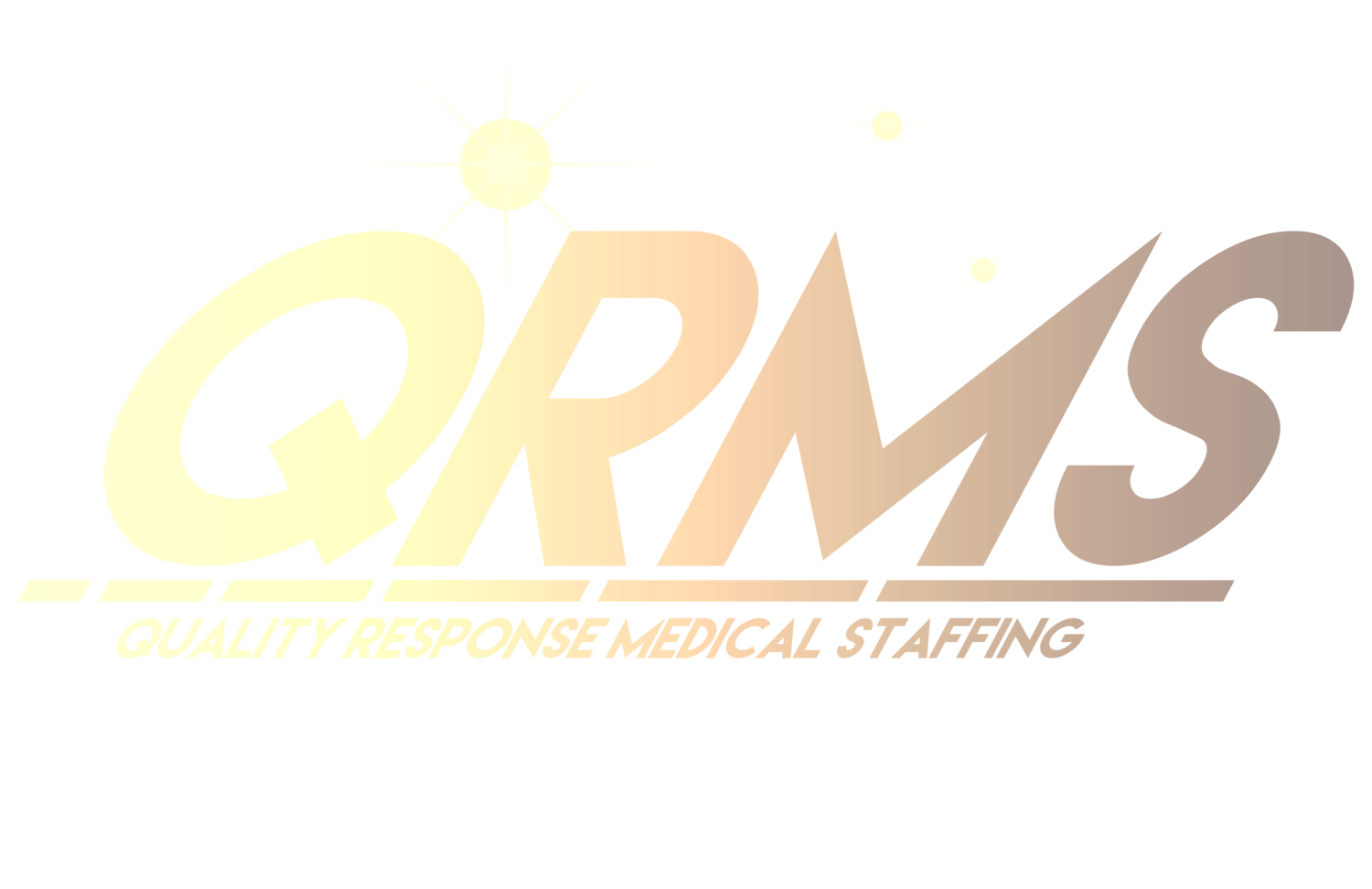Why you Need to Take Probiotics
In recent years, the spotlight on gut health has illuminated the importance of maintaining a balanced microbiome for overall well-being. Amidst this focus, probiotics have emerged as a powerful tool in promoting digestive health and supporting immune function. Here's why incorporating probiotics into your daily regimen can be beneficial for your health.
Gut Health Reinforcement: Probiotics are live microorganisms, primarily bacteria and yeasts, that offer a multitude of benefits when introduced into the gut. They help maintain the delicate balance of bacteria in the digestive system, which is essential for optimal digestion and nutrient absorption. By populating the gut with beneficial bacteria, probiotics can alleviate common gastrointestinal issues such as bloating, gas, and constipation, promoting regularity and comfort.
Enhanced Immune Function: Did you know that a significant portion of your immune system resides in your gut? The gut microbiota plays a crucial role in regulating immune responses and defending against harmful pathogens. Probiotics can bolster this defense mechanism by promoting the production of antibodies and enhancing the function of immune cells. By supporting a healthy gut environment, probiotics contribute to overall immune resilience, potentially reducing the risk of infections and autoimmune diseases.
Management of Digestive Disorders: For individuals struggling with digestive disorders like irritable bowel syndrome (IBS), inflammatory bowel disease (IBD), or lactose intolerance, probiotics can offer much-needed relief. Research suggests that certain strains of probiotics may alleviate symptoms associated with these conditions by modulating gut inflammation, restoring microbial balance, and strengthening the intestinal barrier. While results may vary from person to person, incorporating probiotics into a comprehensive treatment plan may complement existing therapies and improve quality of life.
Mental Well-being Support: The gut-brain connection is a fascinating area of research, revealing the intricate relationship between gut health and mental well-being. Studies have shown that the gut microbiota can influence neurotransmitter production, stress response, and mood regulation. Probiotics may play a role in this interplay by promoting a healthy gut environment, which in turn could positively impact mental health outcomes. While more research is needed to fully understand the extent of this relationship, preliminary evidence suggests that probiotics could be a valuable adjunctive therapy for conditions like anxiety and depression.
Maintenance of Overall Health: Beyond gut-specific benefits, probiotics offer a wide array of potential health advantages. From supporting oral health and preventing urinary tract infections to enhancing skin health and reducing allergy symptoms, the implications of probiotic supplementation extend far beyond the confines of the digestive system. By nurturing a diverse and resilient microbiome, probiotics contribute to holistic health maintenance, allowing individuals to thrive and feel their best.
Takeaway:
Incorporating probiotics into your daily routine is a simple yet impactful step towards optimizing your health from the inside out. Whether you choose to consume probiotic-rich foods like yogurt, kefir, and sauerkraut or opt for high-quality supplements, prioritizing your gut health can yield profound benefits for your overall well-being. However, it's essential to consult with a healthcare professional before starting any new supplement regimen, especially if you have underlying health conditions or are taking medications.
Remember, a healthy gut is the cornerstone of a vibrant life. Embrace the power of probiotics and nurture your microbiome for long-lasting vitality and resilience. Your body will thank you for it.
Health Disclaimer: This blog provides general information and discussions about health and related subjects. The information and other content provided in this blog, or any linked materials, are not intended and should not be construed as medical advice, nor is the information a substitute for professional medical expertise or treatment.

